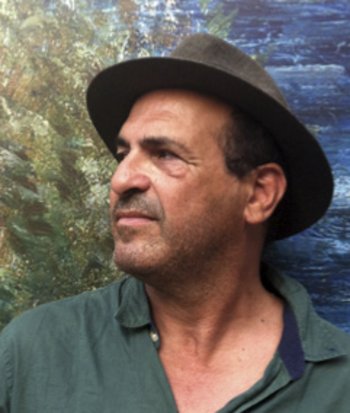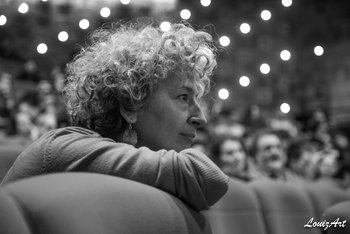The importance of Frantz Fanon’s theses on racism in the era of the Black Lives Matter movement
FILMFORUM IM MUSEUM LUDWIG Ticketshop


The large number of recent publications on the subject shows that Frantz Fanon’s theses still retain their relevance for today's debate on racism and colonialism. The 2020 book ‘Reframing Postcolonial Studies’ is just one such example. There is one chapter in the book entitled ‘Frantz Fanon in the Era of Black Lives Matter’, in which Fanon is described as ‘one of the greatest revolutionary thinkers of the twentieth century’ who ‘offers the historical background necessary for understanding the Black Lives Matter movement’, and that he was ‘among the first to articulate enduring questions about the Black condition in the world and his theoretical insights establish why there is no peace, as long as the dignity of Black men, women, and children are ignored.’
Mehdi Lallaoui takes a look at Fanon’s political life in his film (18.6., 4 pm, see page ...), and Fanon’s contemporaries discuss his role in the Algerian independence movement and his ideas about liberation. The film therefore offers a good starting point for the discussion surrounding the significance of theorist Frantz Fanon’s work for current forms of resistance.
Workshop language: French with consecutive interpretation into German
Guests

Mehdi Lallaoui is a French-Algerian writer and filmmaker who has directed nearly 50 documentaries. His work centres around the themes of migration, the history of the labour movement and colonial history. He is the author of five novels, three volumes of poetry as well as over a dozen works of non-fiction, which mainly focus on the situation of Algerian immigrants in France. The film LES MASSACRES DE SÉTIF, UN CERTAIN 8. MAI 1945 about French colonial crimes in Algeria was presented by FilmInitiativ in Cologne and Wuppertal on the occasion of the 75th anniversary of the end of the Second World War. His new film SUR LES TRACES DE FRANTZ FANON will have its German premiere at this year’s festival and provides a good basis for discussing the current relevance of the anti-colonial ideas propagated by Fanon, who was a theorist and freedom fighter.

Fatima Sissani was born in Algeria and has lived in France since she was six. After studying law, she opted for a career in journalism. She has produced interviews and reportages for the independent radio station Radio Zinzine as well as portraits and documentaries for the France Culture radio channel. She also worked for a city magazine during this time. In 2011 she shot her first documentary LA LANGUE DE ZAHRA which explicates the importance of the Berber language in the Kabylie region and in migration. She has already been our guest at various festivals in Cologne. This year, we are glad to have her as patron of the festival. She will present the film screening and the workshop about Frantz Fanon and the documentary NARDJES A. Her film LES GRACIEUSES (2014) will be screened in our online program.